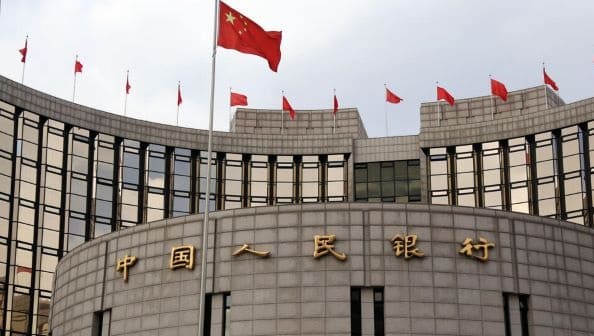China cuts bank reserves to support economic growth
 |
| China central bank |
As is well known, monetary policy is used in a country with economic problems by the Central Bank in order to be able to solve the problems and create the appropriate economic climate for investment.
Based on the above, we find that the “Central Bank of China” has stated that it will reduce the amount of liquidity that banks must hold in reserves, which is the second step of its kind this year, as it will cause the release of 1.2 trillion yuan, which is equivalent to 188 billion dollars to support “ slowing economic growth.
As the world is witnessing an increase in the number of people infected with the Coronavirus in addition to the emergence of the Omicron mutant, the “China economy” has lost its momentum in recent months as it grapples with a slowdown in the manufacturing sector and debt problems in the real estate market.
China's central bank and monetary policy
We find that the People's Bank of China changed its monetary policy a short time ago, as it turned towards measures to help the economy recover after the sharp decline in economic growth in recent months due to the housing stagnation and the maintenance of supply chains.
The bank kept key interest rates unchanged at 3.85% at its last meeting, as analysts expected that China will significantly increase monetary easing and fiscal stimulus to counter economic pressures.
The Chinese government appears to be in a precarious position due to the rise of the Chinese yuan against a basket of currencies, as the Chinese currency is heading to be among the best-performing currencies in emerging markets during 2021, which increases concerns about strong exports and foreign investment in internal bonds.


Comments
Post a Comment